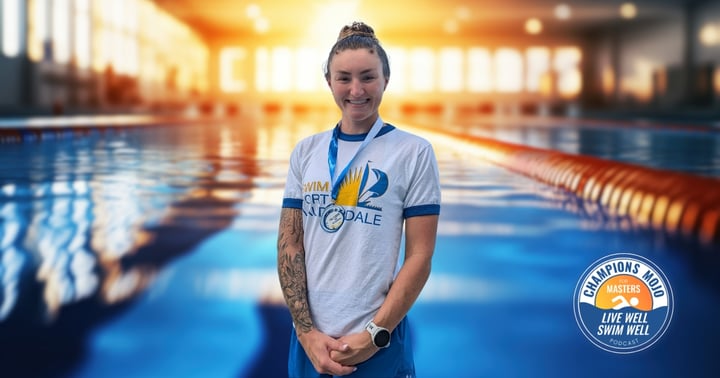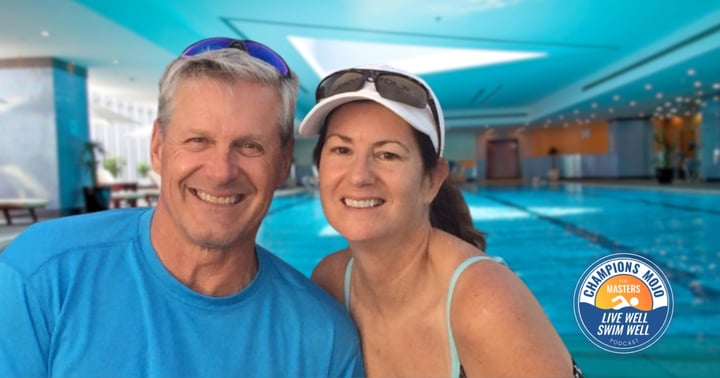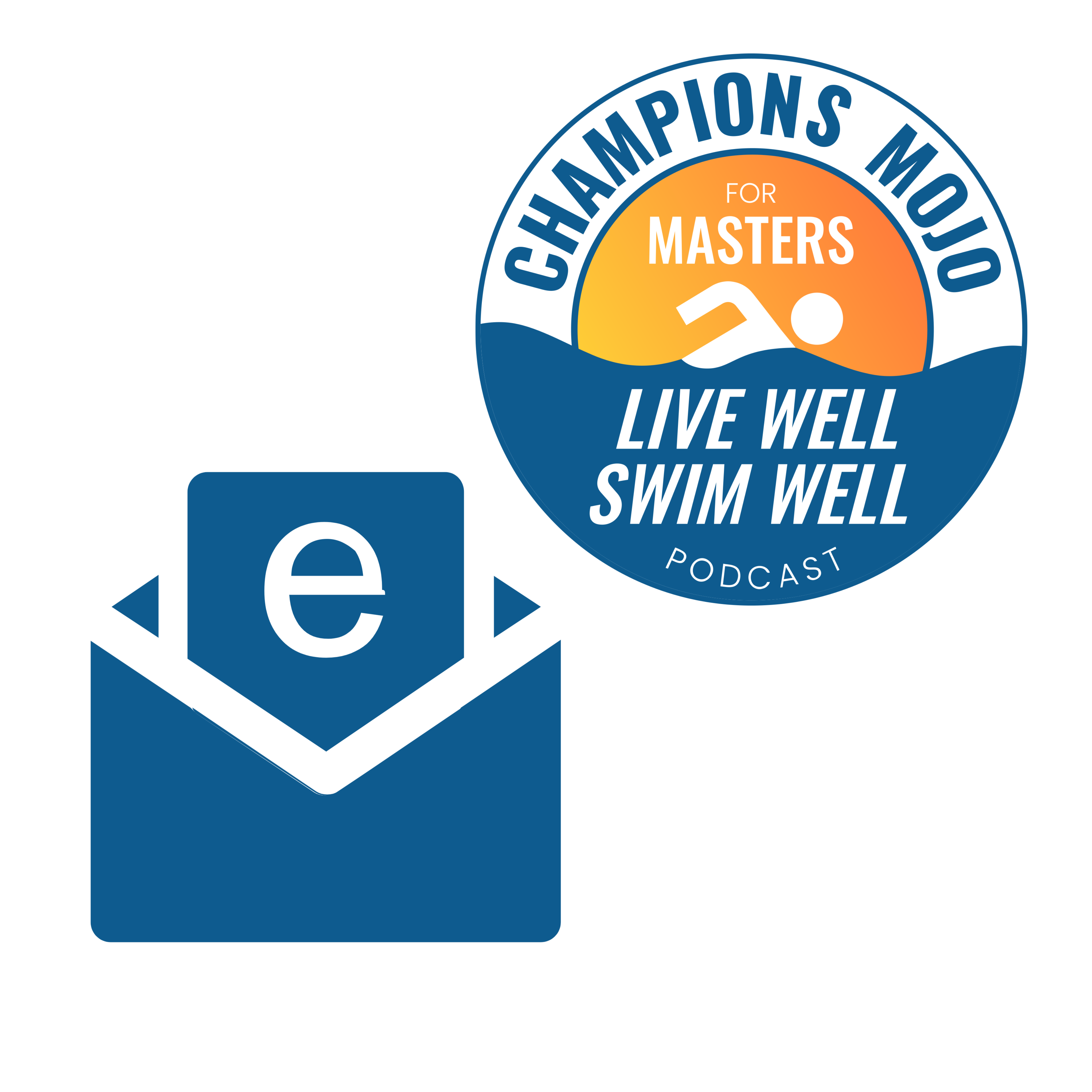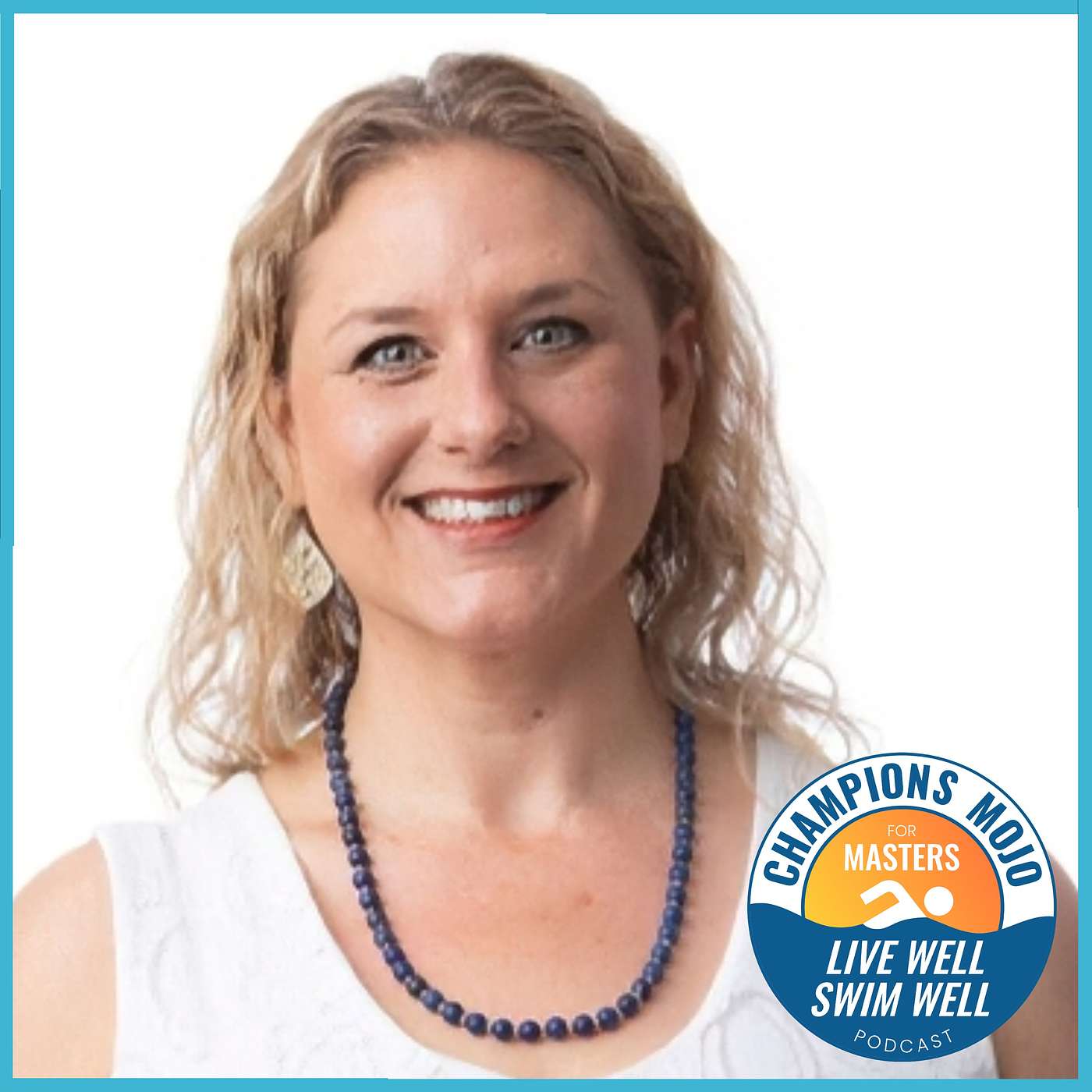When the River Turns and Angels Row In: What Rachael’s Story Teaches Us About Gratitude, Grit, and Open Water
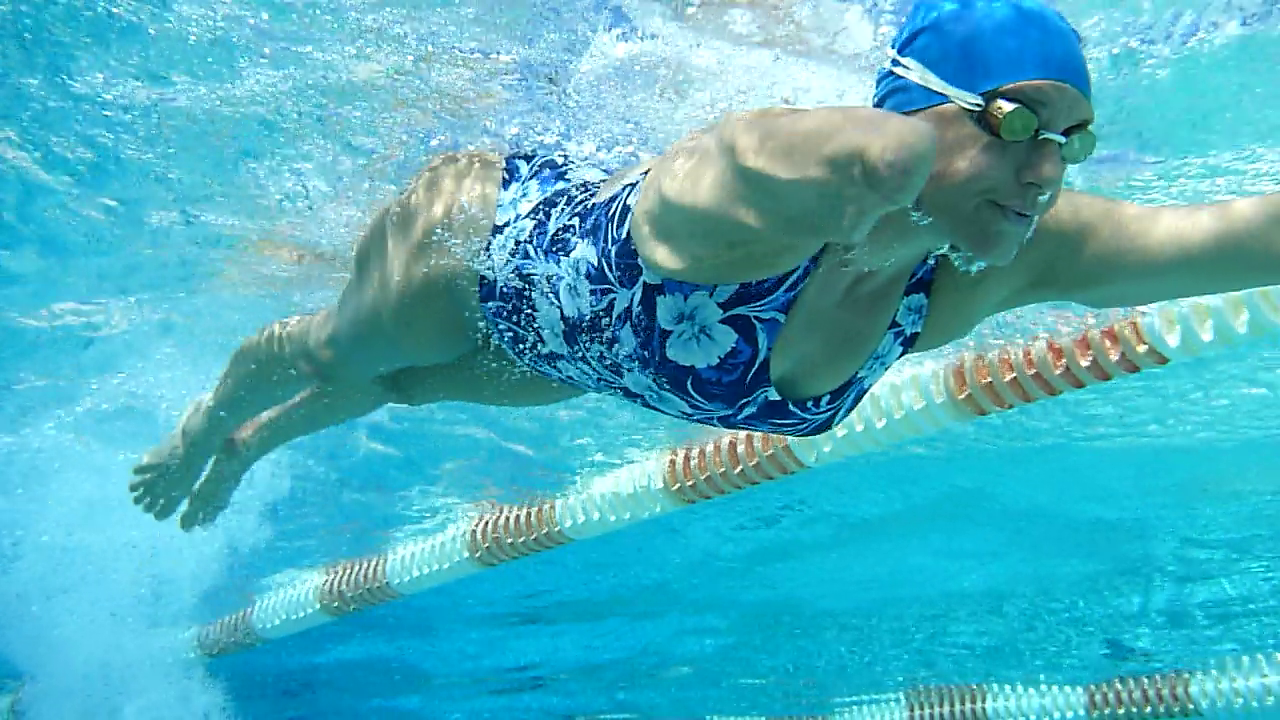
Masters swimming did not just welcome Rachael back to the water. It rebuilt her. It gave her a lane to heal, a tribe to cheer her on, and a rhythm that turned pain into progress. Years after an alligator took most of her right arm, Rachael stood on a Masters block and won the 200-meter butterfly. Judges noticed. Starters noticed. Teammates roared. That is the quiet power of Masters swimming. It makes comebacks feel possible, one practice, one breath, one lap at a time.
Listening to Rachael tell her story is riveting. Yes, the attack on Florida’s Wekiva River was terrifying. Yet what lingers is not the danger. It is her mindset, her gratitude for small mercies, and her belief that angels often look like helpful humans in the right place at the right time.
Here is what moved me most.
The little things are not little
Rachael trains herself to find a silver lining, even in crisis. As she was being towed to the dock, she thought, “At least I just bought an automatic car.” That sounds almost funny until you realize it is survival thinking. It is choosing gratitude when fear would be easier. Later, the “little things” stacked up: opening a swim cap wrapper with one hand, learning to slide a pillow into a pillowcase again, choosing yoga pants over zippers, using a fabric cutter to open packages. These are not trivial wins. They are proof that the life we want is built out of tiny, repeatable acts of courage.
In Masters swimming, we know this truth. You do not drop time by wishing. You show up, you focus on one technical cue, and then another. You celebrate the day the timing finally clicks. That is not small. That is everything.
Blow bubbles, then solve the problem
In the chaos of the attack, Rachael decided not to hold her breath. She slowly exhaled. As swimmers, we practice that calm every day. Blow bubbles, find your breath, then choose your next stroke. It is a simple pattern that works in horrible moments and ordinary ones. Panic narrows your options. Breathing expands them.
Angels with paddles, belts, and tourniquets
I believe in angels. Rachael does too. Sometimes they arrive as a strong kayaker who knows where to hit an alligator. Sometimes they look like a mother holding pressure on a wound, an Eagle Scout dialing 911, a stranger who simply lifts your body from the water, or an off-duty deputy who once fought to put medical-grade tourniquets in patrol cars and had one in his trunk that day. Sometimes an angel is an EMS crew eating lunch two minutes away from the call. None of this felt accidental. It felt like grace working through people who said yes.
Masters swimming as medicine
Rachael swam competitively as a kid, then returned to the sport as an adult for health, joy, and community. Post-injury, Masters gave her structure and belonging while her body adapted. Coaches offered cues. Teammates offered belief. Technique replaced doubt. Her butterfly today is not a workaround, it is beautiful and strong. Masters swimmers understand that you use your whole body, heart included. That is how you heal.
For anyone who has swum in open water
Open water is magic. The sun on your back, the freedom, the glide. It also carries real risks that deserve respect without fear. Rachael’s story is a sober reminder to trust your instincts and to protect the waters we love.
A few swimmer-to-swimmer principles:
-
Do not swim alone. Have a spotter in a kayak or on shore and use a bright cap and buoy.
-
Know the water. Ask locals about wildlife, currents, and depth. If something feels off, turn back.
-
Stay visible. Stick to designated swim areas when they exist and avoid murky, shallow edges.
-
Do not feed wildlife. Animals that associate people with food lose healthy fear and become dangerous to themselves and to us.
-
Carry simple safety gear. A whistle, ID, and a charged phone with a waterproof pouch can change outcomes.
These are not scare tactics. They are respect. We can love the open water and keep our wits about us.
What I will remember
Rachael reminds me to notice what I usually skip past. A teammate’s towel handed over without a word. The first clean inhale after a hard set. The friend who opens a stubborn package before your race. The coach who gives you one cue that finally unlocks your stroke. Gratitude stacks. When you stack enough of it, your life feels different.
She also reminds me that resilience is mostly unglamorous. It is learning new ways to do old tasks, letting go of things that no longer serve, and asking for help without shame. It is returning to the water, again and again, until it feels like home.
And finally, she reminds me that angels are real. They show up in kayaks and ambulances and on pool decks, and they show up inside of us when we choose courage, calm, and kindness.
If you have ever swum in open water, Rachael’s story will resonate. If you have ever loved someone who is rebuilding, it will strengthen you. If you have ever taken the “little things” for granted, it will gently ask you to look again.
Listen to this episode. Share it with a friend who needs hope. Then go swim your next lap, thankful.
